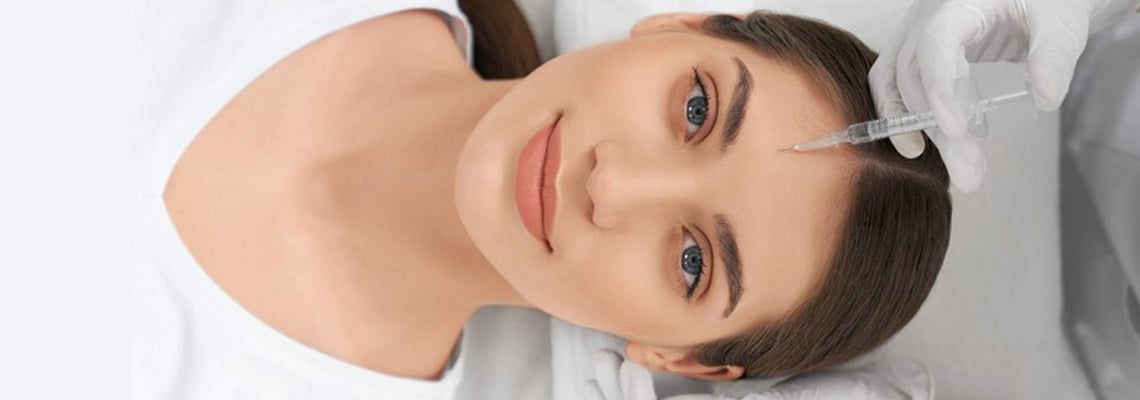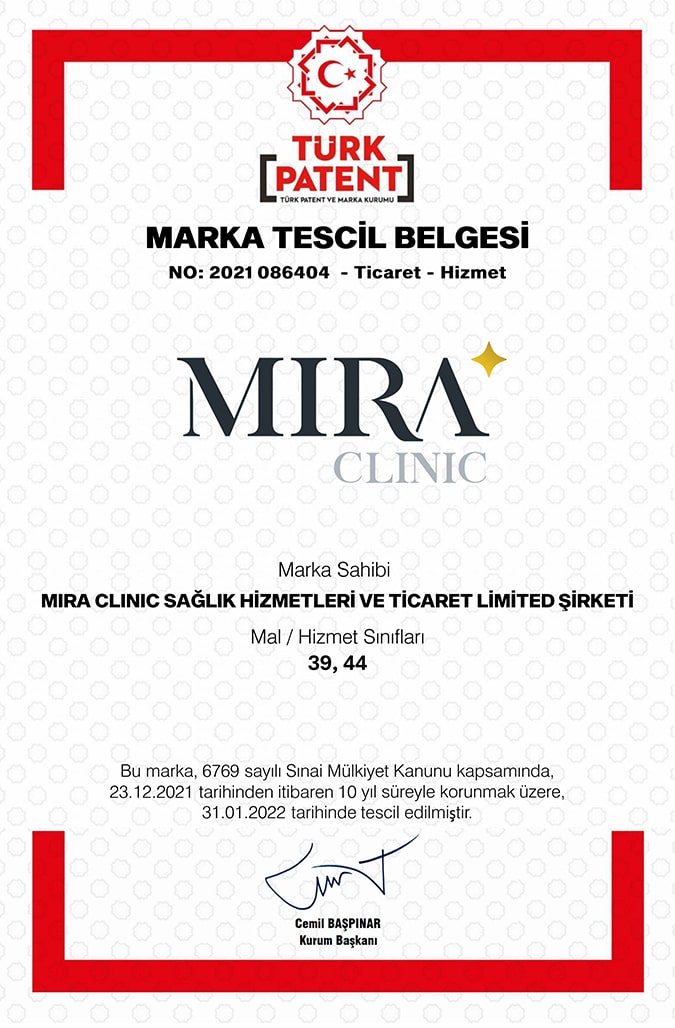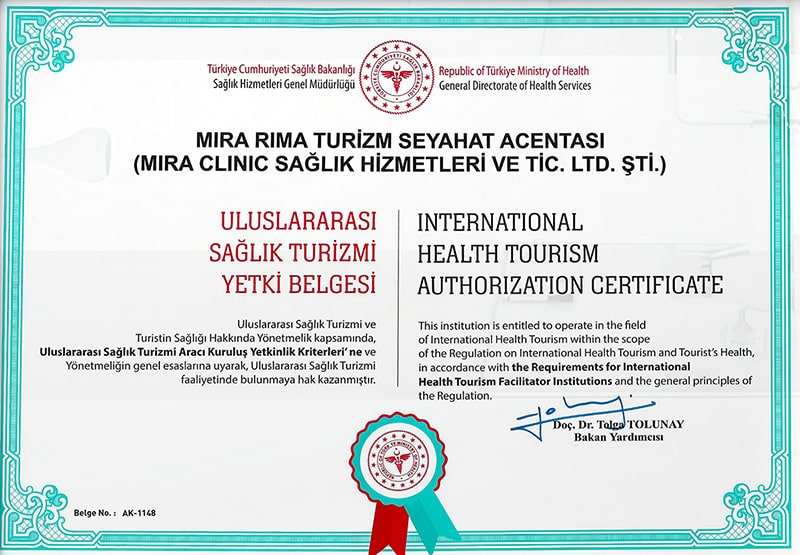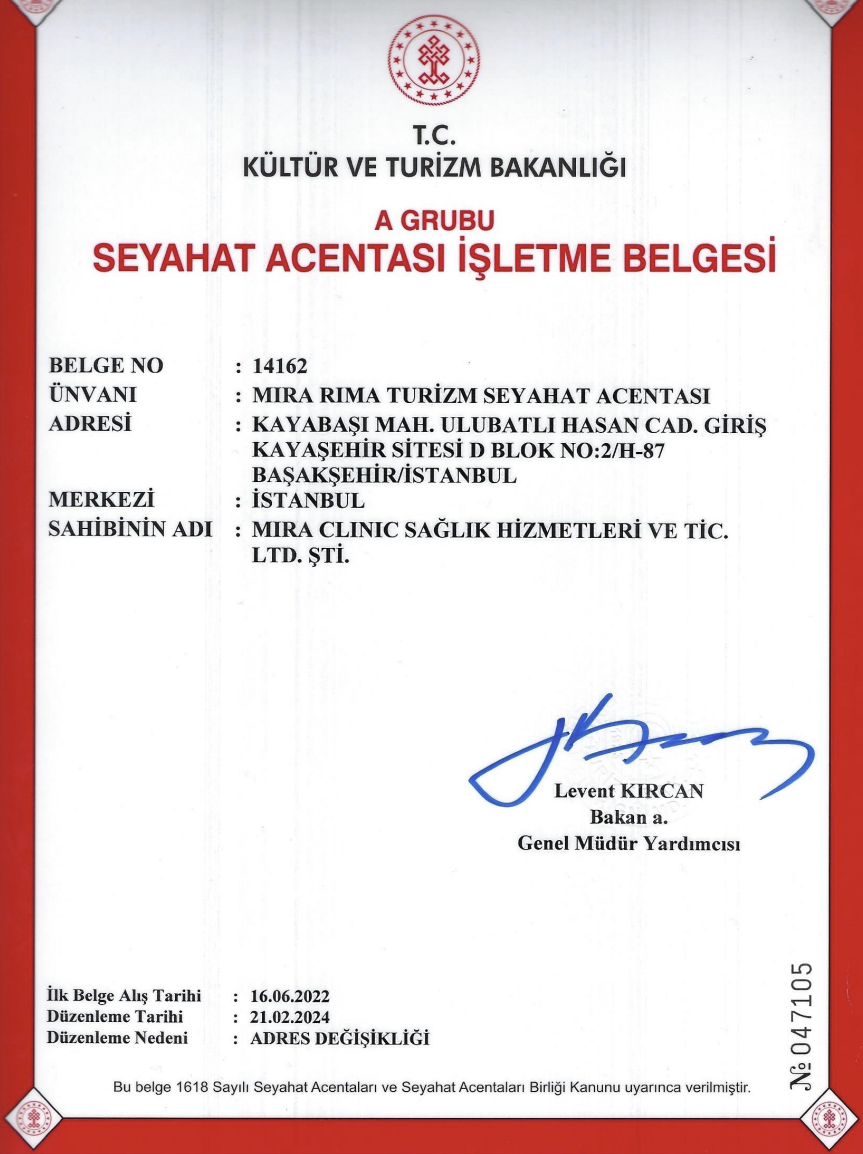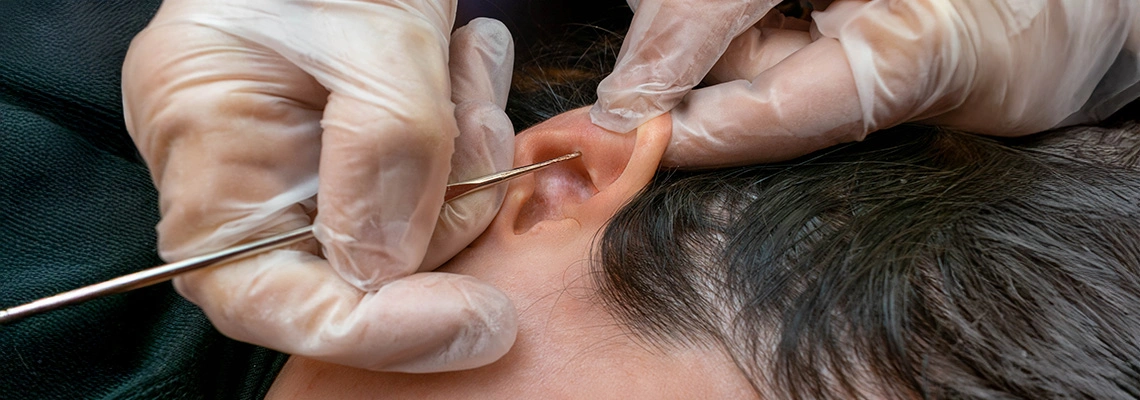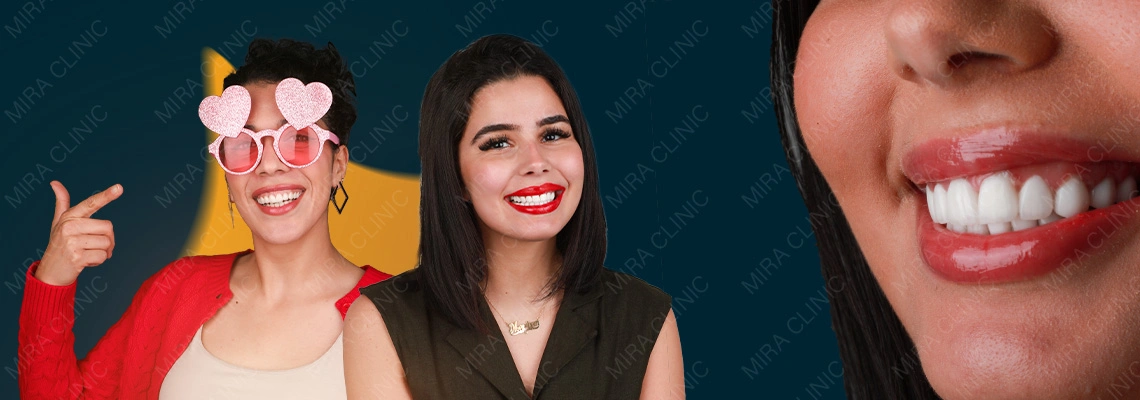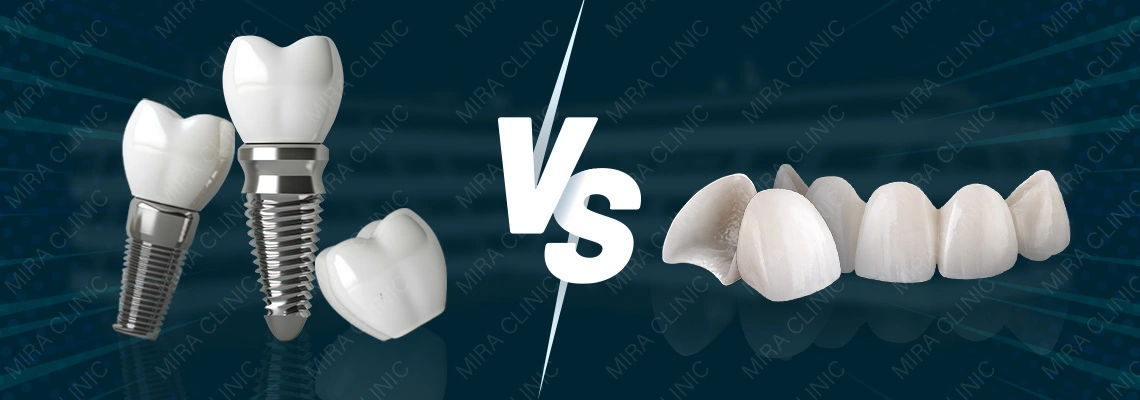Table of Content
An Overview
Botox injections are becoming more and more popular and this comes as no surprise. This wonder toxin can help you get rid of wrinkles on your forehead, eyes etc. for as long as up to six months.
Although Botox treatments can last up to six months, they more commonly last up to 4 months and repeat injections are advisable to maintain a wrinkle free appearance.
Wrinkles on younger people can have an adverse psychological affect on the person which in turn can lead to social, morale and general well being problems.
The removal or the act of making wrinkles appear less prominent on a person's face can boost morale and self confidence which can enrich someone's life.
Wrinkles are made when certain nerve cells within sub skin muscles release particular chemicals which cause a muscle contraction which in turn produces a wrinkle on the outside of the skin.
Botox prevents some of the release of these chemicals as well as paralysing the muscle which prevents wrinkles from showing on the outer skin layer. Results are visible within one week and can last for months.
Results differ from person to person. Some results can achieve a natural wrinkle free look. This is usually as a result of not 'overdoing' the procedure with more than recommended amount of injections across a period of time.
Adverse results from too many Botox injections can cause an unnatural look which can be described as expressionless where mannerisms such as smiling etc. are not as obvious as they would be natural due to the paralysis on the facial muscles.
Botox treatments are based on a bacterium called Clostridium botulinum which is actually a toxin. In non medical scenarios it can actually cause a life threatening condition known as botulism. However, the medical implementations of Botox injections are safe from this condition.
There are numerous Botox injection brands although most achieve the same result. There are also various uses of Botox injections which are not just limited to removing wrinkles.
Botox treatments can be practised by people holding a range of qualifications - from a doctor down to a nurse. We would recommend that if you are considering getting Botox injections performed then you would use a certified medical professional - preferably a doctor.
You should also check online for reviews on any potential Botox providers to ensure their previous patients are happy with the results. The internet can be a valuable resource in acquiring impartial feedback to service providers such as Botox injection clinics.
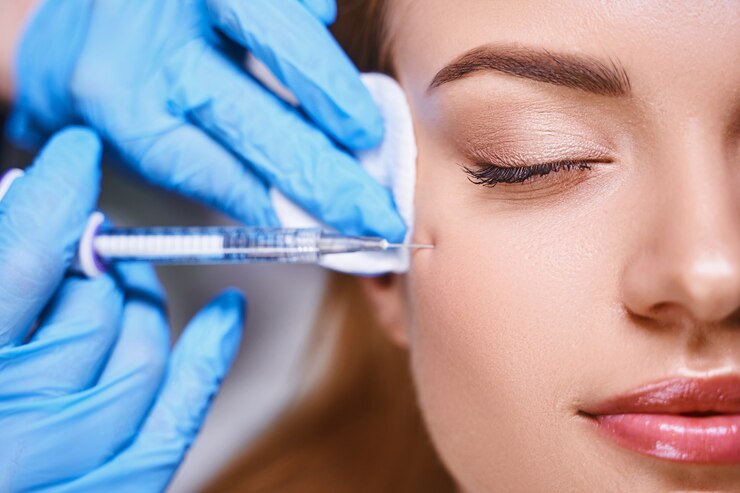
Things To Consider When Getting Botox
If you are like many women, you will do anything it takes to fight the effects of aging and reverse the hands of time. Women of all ages strive to have the perfect skin. Young women desire to achieve a clear complexion, while women, as they age, attempt to fight wrinkles. Skin care is a life-long commitment. Fortunately, there are many treatments available for improving skin care. One way to improve the appearance of your skin is to eliminate wrinkles. Many women have become frustrated with the pronouncement of wrinkles on their face. As such, they look for methods to reduce or eliminate these wrinkles. There are multiple methods available for reducing wrinkles, and anything from at-home serums to plastic surgery are effective in various ways. However, an increasingly popular treatment for reducing wrinkles is Botox. This particular skincare treatment uses a protein called botulinum toxin to plump the skin and eliminate wrinkles. It is injected directly into the wrinkles, and is effective at making the wrinkles disappear. There are many advantages to using this particular wrinkle treatment. However, if you are considering this type of wrinkle treatment, there are a few things you will want to consider before you have it done.
One thing to consider when getting Botox is the person who will be doing the injections. Preferably, you will want to find a surgeon that is skilled in administering these types of treatments. However, other specialists are available to give these injections as well. When choosing a specialist to give your injections, you will want to research the specialist thoroughly to make sure he or she is certified to give these injections. In addition, you will want to consult with the surgeon or specialist before you have any treatments. This way, you will feel comfortable with your specialist and you will be able to have any of your questions answered and your concerns put to rest. A good specialist will ensure that you are knowledgeable about this particular treatment and will go out of his way to make sure that you know all of the benefits, concerns, and side effects of having these injections. When looking for a specialist, be sure to find one that will consult with you before your first treatment.
Another thing to consider when deciding to get Botox is the location of the treatment center. While you will likely want to choose a center near you, this is not the most important aspect to consider when deciding to have injections. Certainly, the doctor or specialist is the most important factor to consider, however, you will likely want to have this treatment every couple of months. Therefore, a convenient location would be beneficial for you.
Other things to consider when deciding to have Botox treatments is the cost and potential side effects. Before deciding to proceed with this treatment, be sure to arm yourself with the knowledge you need to ensure your safety and satisfaction.
What You Need To Know About Botox
Botox has been considered a wonder drug to those wishing to attain a more youthful appearance, but do not want to deal with a surgical procedure like plastic surgery. Botox is a relatively easy procedure, just requiring a few minutes while the administering physician injects particular muscles of the face with a very slender needle. It is so painless that in general anesthesia is not used for the procedure. These injections have been proven safe for several decades and are now approved by the FDA for use in adults over 18 years of age for treatment of facial wrinkling.
However, Botox is a serious medication and needs to be taken in accordance with strict rules and administered by a physician licensed to perform the procedure. This drug is a diluted solution of one of the most powerful neurotoxins known to man, and so a patient undergoing treatment needs to religiously follow his physician's directions.
The first step, as with any serious medication, is to inform your physician of all medical conditions, and family history, and to provide him with a complete list of all the medications, prescription or otherwise, that you are currently taking. If you are pregnant or are breast-feeding an infant, Botox is not allowed. Although experiments with non-lethal doses of this drug have been performed since 1981, to date no experiments have been done with pregnant women and their fetuses, and the effect of this drug is unknown. In addition, no drugs have been performed to find whether this drug is transmitted through breast milk, so this mechanism is unknown as well. Because this drug is derived from a neurotoxin patients with any kind of a neuromuscular disease, including myasthenia gravis and Eaton-Lambert syndrome, should not receive treatment with this drug that could possibly exacerbate these conditions. Finally, some patients find that they have had an allergic reaction to this drug during previous treatments; these patients should no longer consider this drug a viable solution.
Botox is a fast acting medication that begins to smooth wrinkles immediately and reaches its full effect with a week or two. During this time, the patient needs to be cognizant of his general health and be on the lookout for any exceptional systems that he should report to his doctor. These include any problems breathing, speaking or swallowing, which can be caused by the medication which can weaken the associated muscles. In addition, the medication can possibly spread to other areas of the body. This can show up in the facial area with droopy eyelids and blurred vision. It can also manifest in other areas of the body, causing a general weakness. If any of these symptoms manifest, desist from driving a car and contact your physician immediately.
